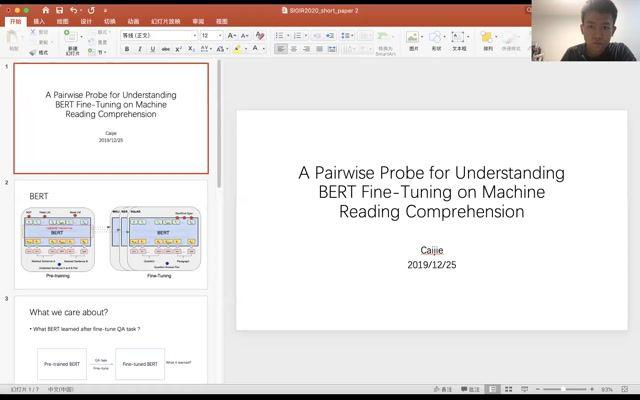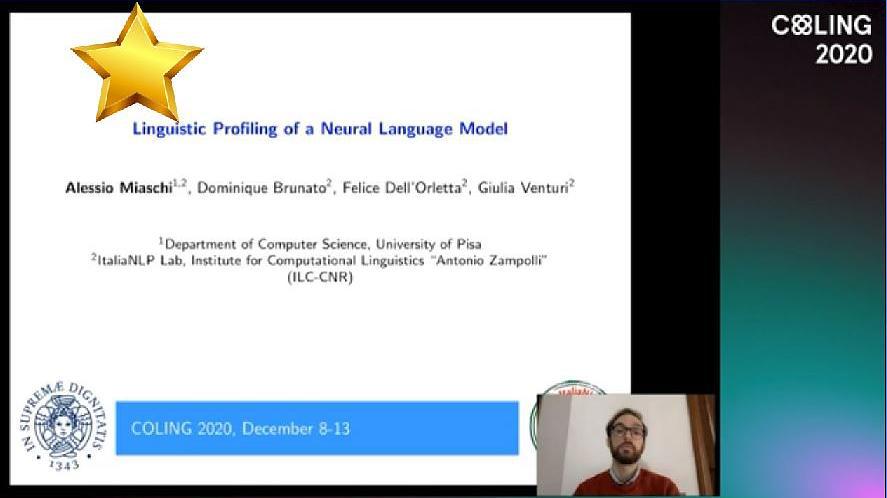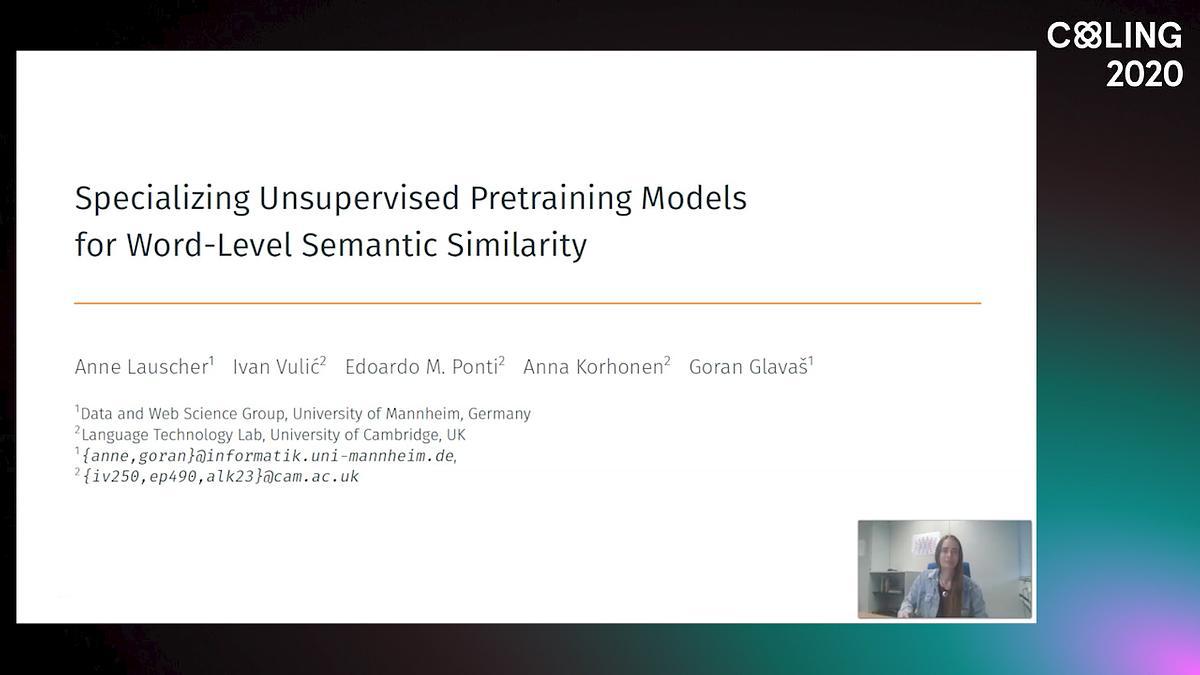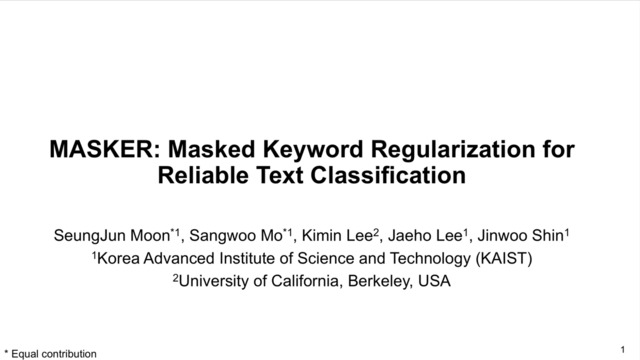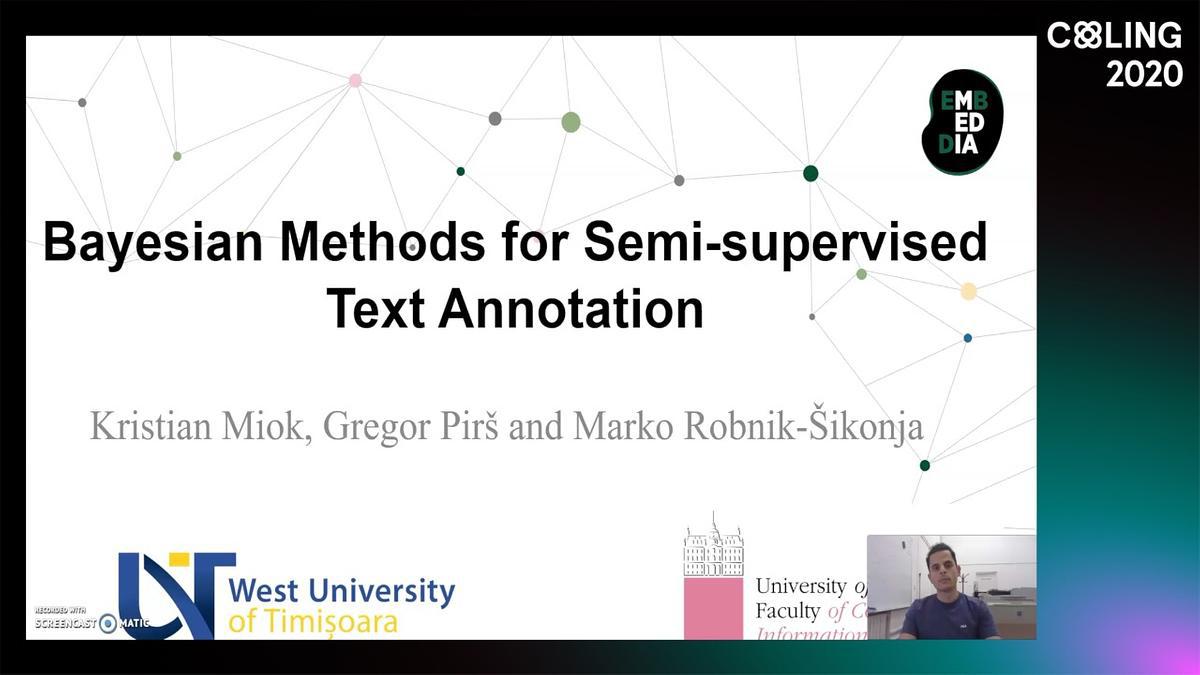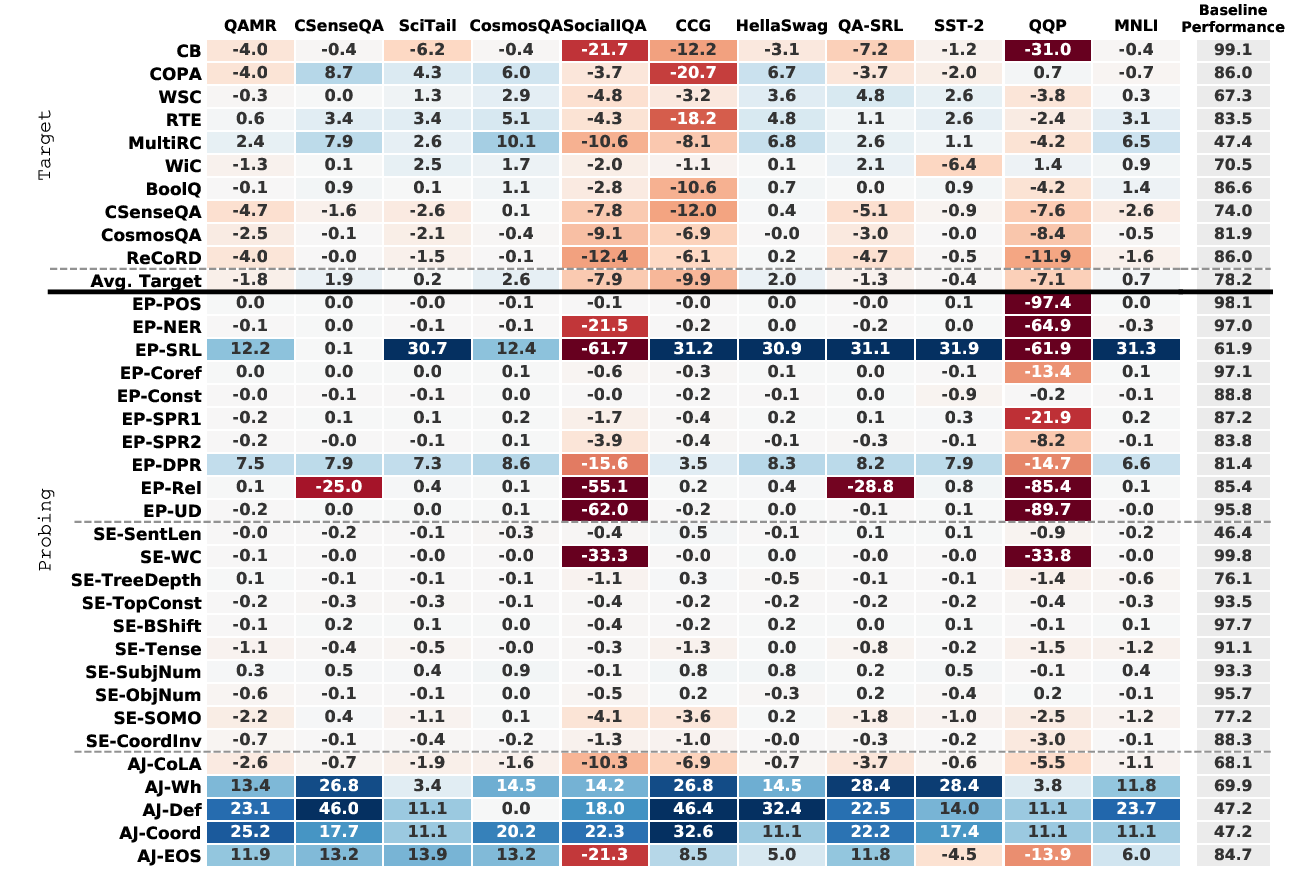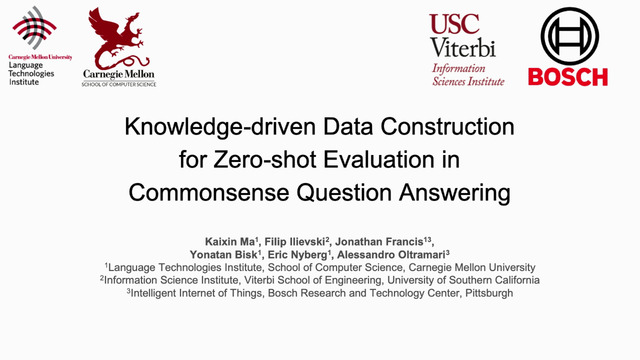Abstract:
Recent works show that pre-trained language models (PTLMs), such as BERT, possess certain commonsense and factual knowledge. They suggest that it is promising to use PTLMs as ``neural knowledge bases″ via predicting masked words. Surprisingly, we find that this may not work for numerical commonsense knowledge (e.g., a bird usually has two legs). In this paper, we investigate whether and to what extent we can induce numerical commonsense knowledge from PTLMs as well as the robustness of this process. In this paper, we investigate whether and to what extent we can induce numerical commonsense knowledge from PTLMs as well as the robustness of this process. To study this, we introduce a novel probing task with a diagnostic dataset, NumerSense, containing 13.6k masked-word-prediction probes (10.5k for fine-tuning and 3.1k for testing). Our analysis reveals that: (1) BERT and its stronger variant RoBERTa perform poorly on the diagnostic dataset prior to any fine-tuning; (2) fine-tuning with distant supervision brings some improvement; (3) the best supervised model still performs poorly as compared to human performance (54.06% vs. 96.3% in accuracy).



